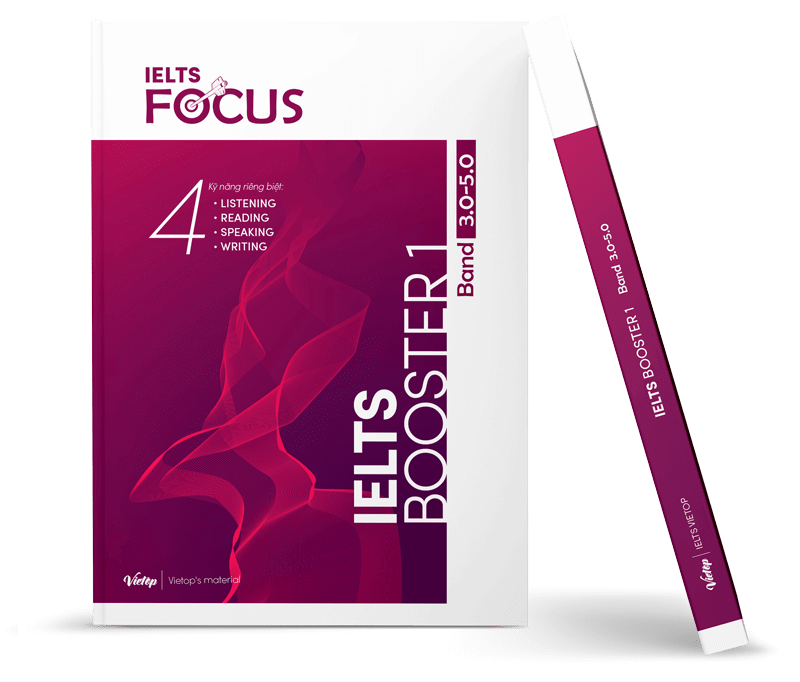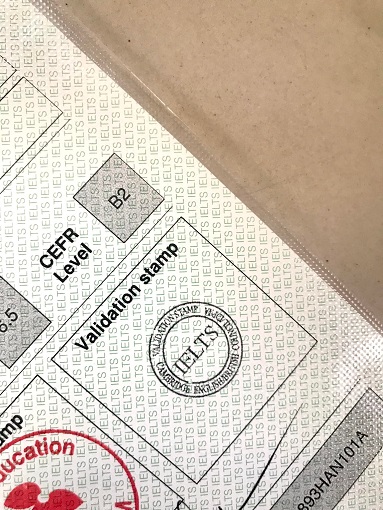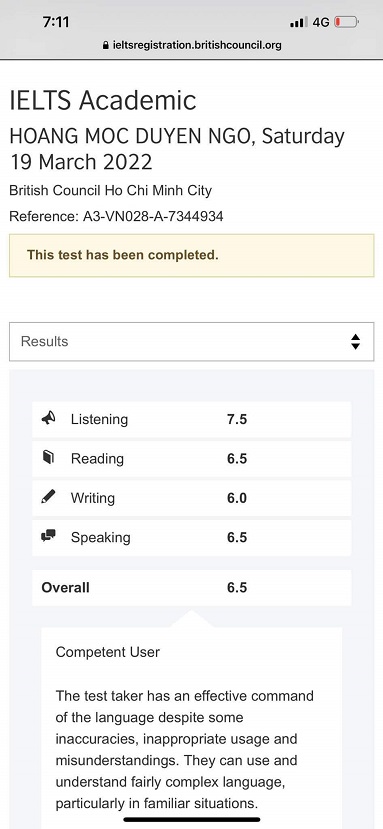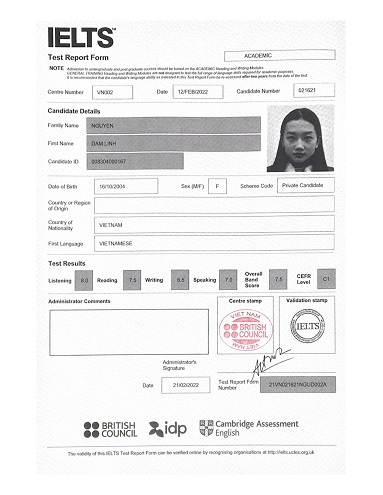Các khoá học IELTS tại Vietop
Khoá học IELTS Cấp tốc
Cam kết tăng 0.5 -1.0 band score chỉ sau 80 giờ học.
-
Tăng 0.5 – 1.0 band chỉ sau 1 THÁNG HỌC
-
RÚT NGẮN thời gian đạt điểm IELTS mục tiêu
-
Mỗi học viên sẽ được giáo viên cung cấp lộ trình học và theo sát quá trình.

Khung giờ vàng
Ưu đãi lên đến 20%
Đội ngũ giáo viên tâm huyết và giàu kinh nghiệm “chinh chiến IELTS”
Với đội ngũ giáo viên nhiều năm kinh nghiệm trong việc giảng dạy và giỏi truyền đạt. Là những giáo viên luôn tận tâm với học viên với mục tiêu duy nhất cải thiện trình độ IELTS, ngoại ngữ cho học thế hệ trẻ.
Thành tích “cực khủng” của Vietopies
IELTS không chỉ là một chứng chỉ, nó là bước khởi động của một hành trình dài. Cảm ơn bạn đã lựa chọn Vietop trở thành một phần trên hành trình đó.
Cảm ơn những yêu thương dành cho Vietop của Vietopies!
Điều Vietop luôn tâm đắc nhất trong giảng dạy đó là được nhìn thấy học viên thay đổi và tiến bộ rõ rệt lên từng ngày, nhìn thấy những nụ cười hạnh phúc và tự hào của các bạn trên hành trình chinh phục IELTS.
Nhận tư vấn MIỄN PHÍ
Hoàn thành mục tiêu IELTS ngay bây giờ!
Miễn phí
Báo chí và truyền thông nói gì về Vietop?
Đối tác

ĐỐI TÁC BẠCH KIM CỦA IDP
(Đơn vị đồng sáng lập và tổ chức kì thi IELTS)































































